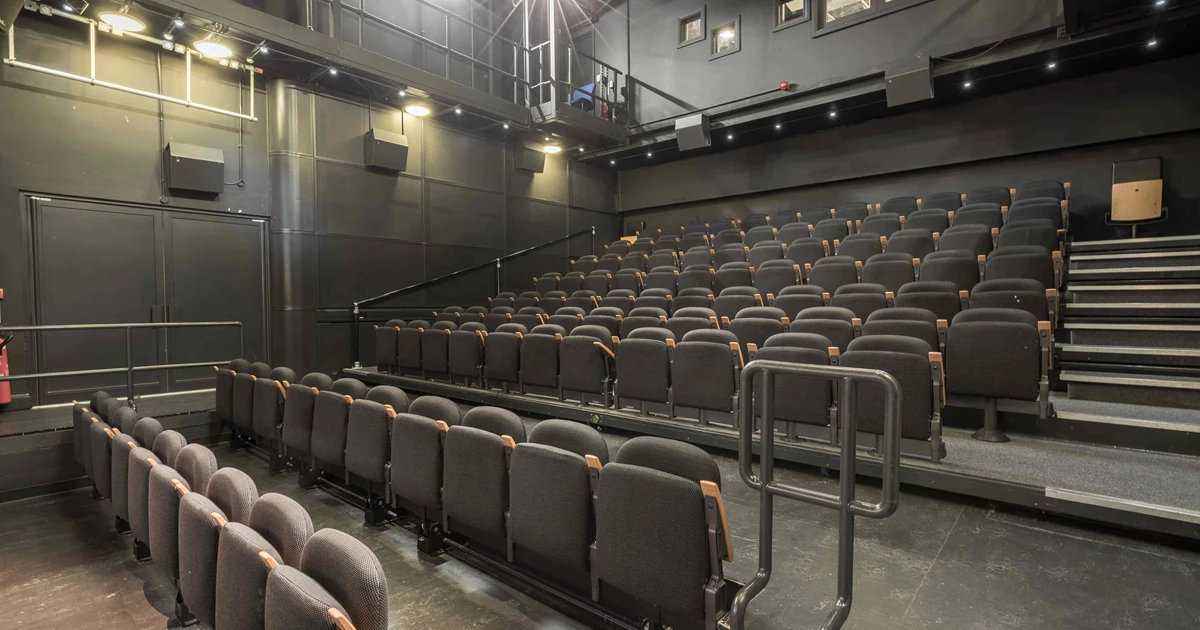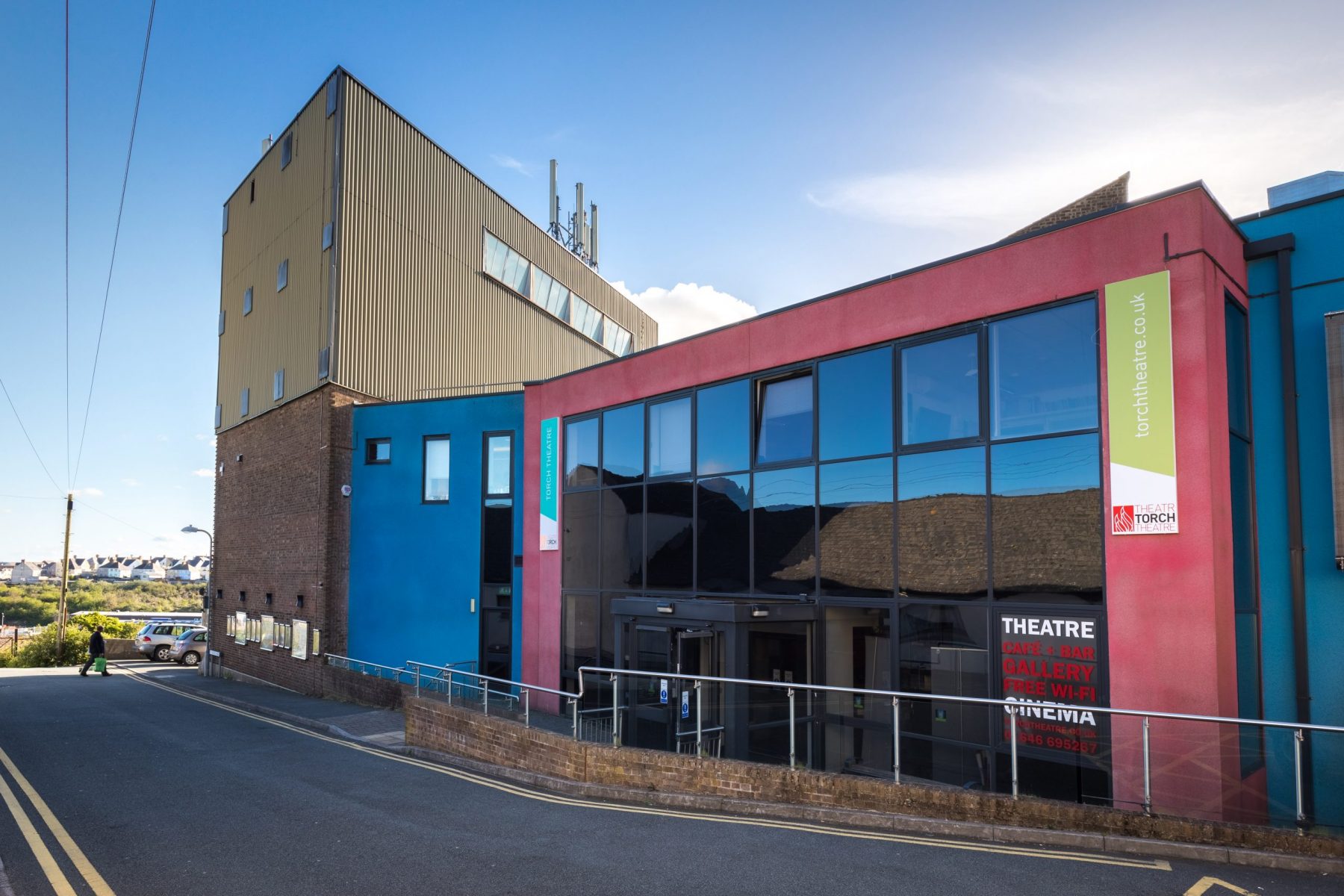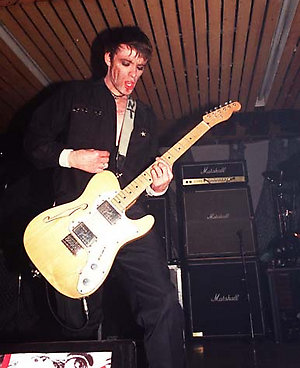Entertainment
Is crypto gaming growing in the UK?

A video game controller surrounded by bitcoins photo – Free Pro gaming Image on Unsplash
The UK is witnessing a significant increase in crypto gaming, a trend that’s reshaping digital entertainment. As blockchain technology continues to evolve, its integration into the gaming industry is creating new opportunities and challenges for players, developers, and regulators alike.
Growing popularity and market expansion
Recent data shows a clear increase in crypto gaming in the UK. With a crypto adoption rate of around 11-12% among online gamers, the UK is leading the way in Europe. This growth is part of a larger global trend, with the overall blockchain gaming market expected to grow at a remarkable rate of 58.51% annually from 2024 to 2028.
The expansion is particularly evident with crypto gambling, which has seen a 25% increase in platforms over the past year. While UKGC-regulated casinos don’t accept cryptocurrencies, residents can still legally use them at offshore casinos, also known as non-Gamstop sites. These gambling sites are regulated and offer consumer protections, making them a popular choice for many players.
Non-Gamstop casinos are significantly boosting the crypto-gambling market, which is estimated to be worth about $250 million by 2024. Interest in Bitcoin casinos has increased, quadrupling between 2019 and 2021, and by 2022, about 4% of all online gambling searches were related to crypto.
Technological advancements fuelling growth
Blockchain technology is at the heart of this change, providing a level of transparency and fairness that was hard to achieve before. Smart contracts are streamlining game rules, making online gaming safer and easier. Experts believe these technological improvements will push the online gambling industry, including crypto casinos, to grow by over 10% each year.
UK developers are leading the charge in innovation. For example, Unstoppable Games launched “Influence,” a blockchain game, in June 2023, showcasing the country’s commitment to enhancing the crypto gaming space.
Regulatory landscape and government initiatives
The UK government is playing a key role in shaping the future of crypto gaming. They recognize the potential of blockchain and are working to position the UK as a global leader in crypto innovation. In April 2022, the government announced plans for a financial market infrastructure sandbox to encourage investment and creativity in the sector. In the 2023 Spring Budget, the government allocated £3.5 billion to support tech and science initiatives, focusing on establishing the UK as a leader in Web3 technology.
Additionally, crypto exchanges operating in the UK must comply with strict regulations enforced by the Financial Conduct Authority (FCA). These exchanges are required to register with the FCA and implement robust Anti-Money Laundering (AML) and Know Your Customer (KYC) procedures.
This includes collecting and verifying personal information such as full name, date of birth, residential address, and official identification numbers from users. Exchanges must also monitor transactions and report any suspicious activity. Gamers using UK-based exchanges can expect thorough identity verification processes as part of these regulatory compliance measures.
Consumer adoption and preferences
The rise of crypto gaming in the UK isn’t just about technology; it reflects changing consumer preferences as well. A study involving 2,000 gamers, including participants from the UK, found that 46% liked blockchain features in their favorite games. This trend is especially strong among younger players, who are drawn to the play-to-earn model and the idea of owning in-game assets.
According to the FCA, about 2.3 million UK citizens owned crypto in 2021, an increase of about 0.4 million from 2020. This growing familiarity with cryptocurrencies is likely driving interest in crypto gaming platforms.
Challenges and future outlook
Despite the growth, the crypto gaming industry in the UK does face challenges. In October 2023, the FCA categorized cryptocurrencies as “restricted mass market investments,” which could affect growth in the sector. Additionally, the industry needs to address concerns about the quality and creativity of blockchain games to keep players engaged over time.
Looking ahead, experts are optimistic about continued growth in the UK’s crypto gaming sector. PwC predicts a solid 15% annual growth rate for the UK’s cryptocurrency gaming market over the next five years, fueled by technological advancements, growing player adoption, and evolving regulations.
Conclusion
Crypto gaming is definitely on the rise in the UK, driven by tech innovations, changing player preferences, and supportive government policies. As the industry evolves, it has the potential to create new experiences for players and opportunities for developers and investors. However, its continued success will depend on overcoming regulatory hurdles, ensuring consumer protection, and delivering engaging, high-quality gaming experiences.
With the UK government’s focus on encouraging innovation in the crypto space and the country’s strong gaming culture, the UK is well-positioned to become a leader in the global crypto gaming scene. This combination of blockchain technology and gaming is set to reshape digital entertainment in the UK and beyond.
Entertainment
Community film season launches at Torch Theatre with audience-picked programme

Grant from Ffilm Cymru Wales helps bring affordable independent cinema to Pembrokeshire
A SEASON of independent films chosen by local audiences is coming to Milford Haven this spring, as the Torch Theatre hosts a special programme designed to celebrate bold storytelling and community cinema.
Running from February through to mid-April, the Community Choices season has been made possible thanks to Wales-wide grant funding from Ffilm Cymru Wales. The scheme supports independent exhibitors to bring diverse and inspiring films to screens across the country.
At the Torch, audiences were invited to take part in programming workshops to help select the titles themselves. The final line-up reflects a mix of Welsh-language work, environmentally themed films and stories that break down social and economic barriers, ensuring something for all tastes.
Chelsey Gillard, the theatre’s Artistic Director, said: “We asked you, the people of Pembrokeshire, what films you wanted to see at the Torch – and we listened. There’s a terrific variety in this season, from family favourites to powerful dramas. We’re very grateful to Ffilm Cymru Wales for the funding that allows us to bring these wonderful films to the big screen, and we look forward to giving everyone a warm Torch welcome.”
The programme opens with Mr Burton on Sunday, February 8 at 4:15pm, followed by Flow on Tuesday, February 17 at 4:45pm. Fantastic Mr Fox screens on February 19 at 4:45pm, with Moonlight closing the month on Friday, February 20 at 6:15pm.
March’s line-up includes Born Free on March 4 at 2:15pm, Earth on March 12 at 11:00am, Sinners on March 15 at 7:00pm, Booksmart on March 22 at 2:00pm, and Gwledd (The Feast) on March 27 at 8:00pm.
The season continues into April with I Swear on April 2 at 2:00pm, One Battle After Another on April 5 at 4:00pm, and This is Spinal Tap on April 12 at 4:00pm, bringing the Community Choices series to a close.
All tickets are priced at £4 and include a free tea or coffee, helping to keep the screenings affordable and accessible for everyone.
For tickets and full details, visit the Torch Theatre website or call the box office on 01646 695267.

Entertainment
One Night in Dublin returns to the Torch with a brand-new show

ONE NIGHT IN DUBLIN is heading back to the stage at the Torch Theatre with a lively new production fronted by renowned Irish singer Danny Muldoon.
Tickets are already selling fast for the feel-good celebration of Irish music, which promises two hours of songs, stories and plenty of craic.
Backed by an award-winning five-piece band, Muldoon leads audiences through a packed set of sing-along favourites including Galway Girl, Tell Me Ma, The Irish Rover, Dirty Old Town, Whiskey in the Jar, The Wild Rover and The Galway Shawl, along with many more well-loved classics.
The show recreates the atmosphere of a bustling Dublin pub, complete with fiddle, whistle, guitars, banjo, bodhrán, accordion and driving drums, transporting the audience straight into “Murphy’s Tavern” for an unforgettable night of live entertainment.
Fans can also expect hits from Irish legends including The Pogues, The Saw Doctors, The Dubliners, The Fureys, Flogging Molly and Dropkick Murphys.
One Night in Dublin comes to the Torch Theatre on Thursday, March 26 at 7:30pm.
Tickets cost £26.50. Visit the theatre website or call the Box Office on (01646) 695267 to book.

Entertainment
New appeal in search for missing Manic Street Preachers musician

Family and charity issue fresh appeal for information about guitarist 31 years on
THIRTY-ONE years after the disappearance of Richey Edwards, a new public appeal has been issued urging anyone with information to come forward.
Edwards, guitarist and lyricist with Manic Street Preachers, vanished on January 31, 1995, in a case that has become one of the most enduring mysteries in British music history.

The then 27-year-old was last seen at the Embassy Hotel Bayswater in west London, where he had been staying ahead of a promotional trip to the United States. He checked out of room 561 but never reached his destination.
Despite numerous reported sightings over the years, none have ever been confirmed. Edwards was officially declared presumed dead in 2008, though his family continue to mark the anniversary of his disappearance and keep hope alive that answers may still emerge.
Anniversary appeal
The charity Missing People has released a statement in collaboration with Edwards’ sister Rachel, asking the public to remember the case.
In a social media post, the organisation said: “It is 31 years since Richard went missing, please keep his family in your thoughts.”
They also repeated key identifying details from the time he vanished. Edwards was described as white, around 5ft 7in tall, slim, with brown eyes and a shaved head. He had several distinctive tattoos, including a rose with the words ‘Useless Generation’, the phrase ‘I’ll surf this beach’, and a scar on his lower left arm where he had scratched the words ‘4 REAL’.
Unanswered questions
His car was later found near the Severn Bridge services, close to the Welsh border, prompting widespread searches but yielding no firm clues about what happened next.
At the time of his disappearance, the band were on the brink of international success. Edwards’ intense, literate songwriting and striking image had already made him a defining figure in Welsh rock music. More than three decades later, fans still hold vigils, create murals and share tributes across Wales and beyond.
Police say the case remains open.
Anyone with information is asked to contact the Metropolitan Police Service on 101 or use their online reporting service, quoting reference CONNECT REF 01/764429/24. Missing People also operates a free, confidential helpline on 116 000.
-

 Crime2 days ago
Crime2 days agoSex offender jailed after living off grid in Pembrokeshire and refusing to register
-

 Health21 hours ago
Health21 hours agoHealth board targets rise in steroid and gym drug use across west Wales
-

 News3 days ago
News3 days agoPrincess of Wales visits historic Pembrokeshire woollen mill
-

 Crime7 days ago
Crime7 days agoPembroke man accused of child sex offences sent to Swansea Crown Court
-

 Health5 days ago
Health5 days agoDoctor struck off after sexual misconduct findings at Withybush Hospital
-

 Crime23 hours ago
Crime23 hours agoTeacher injured and teenager arrested for attempted murder at Milford Haven School
-

 Community7 days ago
Community7 days ago50s women threaten legal action over pension compensation refusal
-

 News5 days ago
News5 days agoHerald journalists to feature in true-crime documentary on local lockdown murder






















